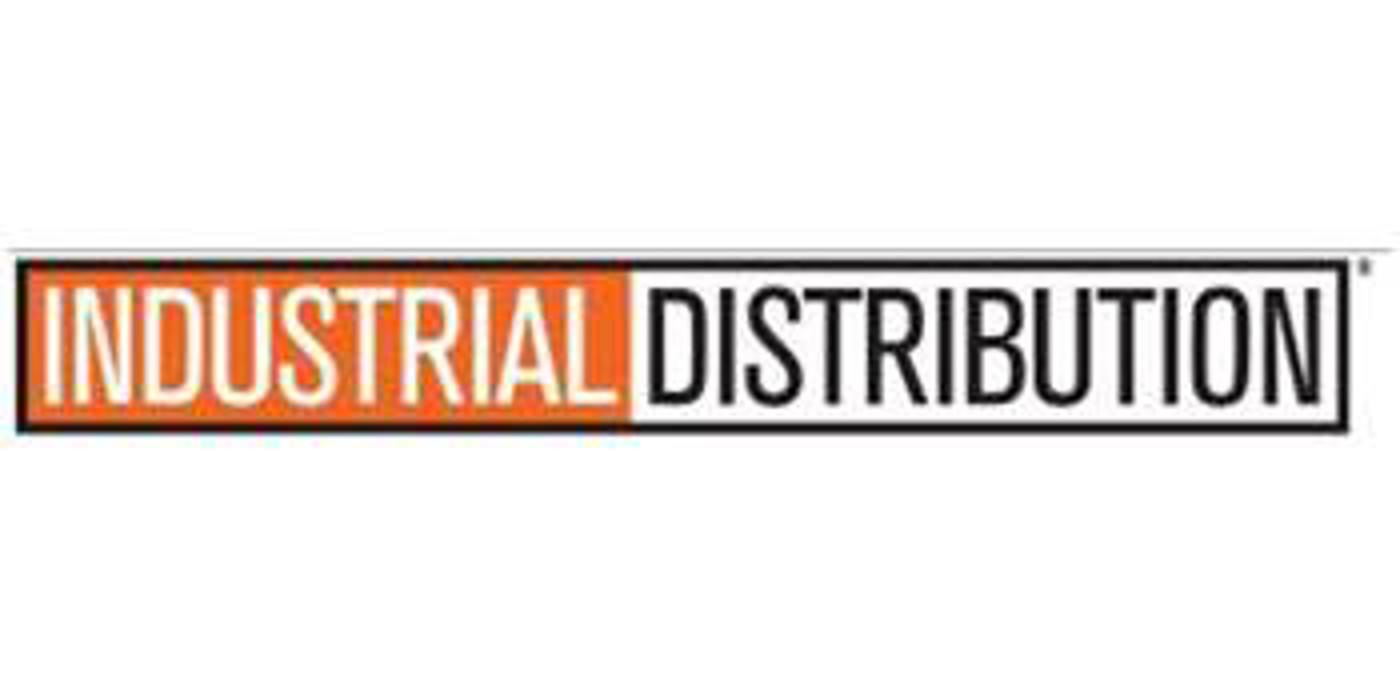Industrial Distribution Guest Post: How Suppliers Use Consigned Inventory to Strengthen Distributor Relationships

Consignment is helping manufacturers navigate complex supply-chain challenges with distributors' help.
Guest article in Industrial Distribution by eTurns CEO Rock Rockwell
Typically, when you think about consignment, you think of distributors offering the service to manufacturers so they can save cash and annual carrying costs because they don't pay for the material until they use it.
But as more manufacturers acquire smaller competitors and look to expand distribution, they are flipping the script, leveraging consigned inventory strategies to make it more attractive for distributors to integrate new lines and not pay for them until they are sold.
Manufacturers are navigating complex supply-chain challenges:
Introducing a new product can be risky.
With consignment, manufacturers can partner with a distributor to introduce a new product with a more measured approach, avoiding building up inventory and dedicating sales resources for an unknown return.
Manufacturers often have limited visibility into the supply chain.
As supply chains grow more complex, distributors and manufacturers must work together more closely to drive sales. That requires greater visibility into a product's introduction and how the customer interacts with it.
Maintaining the right inventory levels
The more efficient the supply chain, the better for the distributor and the end-user. In today's just-in-time markets, manufacturers need to embrace solutions that drive efficiency, save costs and increase service levels with better forecasts based on actual usage data to drive production.
Benefits of manufacturers providing consigned inventory to distributors
It motivates distributors to carry stock risk-free they normally wouldn't purchase upfront.
Because it's consigned inventory, the distributor does not incur a charge for the stock until it's sold. Whether manufacturers are replacing a line of products with another or have a new product they want the distributor to embrace, it may be difficult to get shelf space in the distribution center. They might also want to introduce a more expensive product line into that channel.
Another instance where this approach works is when larger manufacturers acquire smaller competitors with similar or competitive lines. Manufacturers give the distributors a discount on the acquired lines, lower than the competing products they may already carry for a limited time.
It provides visibility and access to end customers.
There are times when manufacturers may have trouble finding a distributor in a region for their product. If a new customer reaches out directly or a manufacturer wants to enter a new market, a manufacturer must determine which distributor qualifies for the business and can deliver in a timely fashion. In either case, the manufacturer can use consignment to establish a relationship with a distributor if they are not in their network.
It puts the onus of correct stocking levels on the manufacturer.
With the right technology managing consigned inventory, manufacturers' sales reps and delivery drivers no longer have to write parts down or log into a website, or wait on monthly reports from distributors.
With a solution designed to measure usage directly, the distributor relies on the manufacturer to make sure the consigned items are properly stocked. Manufacturers can see what product is moving quickly — and what is not — to control how much inventory a dealer or distributor has in stock.
This is helpful when some distributors are moving more products than others and can reduce carrying costs at the distributor location for unsold inventory. Manufacturers can also use this data to gain a better understanding of usage to drive potential stocking of ancillary products, and determine whether distributors warrant discounts on purchases based on volume.
In a time of rapid consolidation and tight profit margins, using consigned inventory allows manufacturers to displace competitive product lines, have greater visibility into distributor and end-customer relationships, and smoothly implement product line replacements.
Rock Rockwell is CEO of eTurns. eTurns TrackStock is an automated inventory replenishment app that optimizes stockroom and truck inventory while lowering procurement costs. Contact Rockwell at rock@eturns.com.
Read the article on Industrial Distribution's website.




